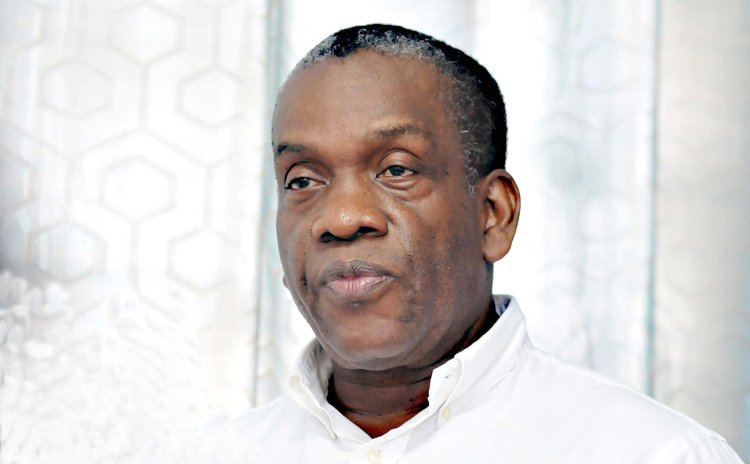Electoral Reform: UWP perspective

The call for electoral reform by the United Workers Party (UWP) is reverberating throughout Dominica.
The party's position is clear. Without electoral reform, the integrity of future General Elections is compromised.
The UWP has openly accused the Dominica Labour Party (DLP) Government of engaging in corrupt practices under the current system to win the last three General Elections.
The main changes that the UWP wants to see are: a new voters' register; voter ID cards; access to State-owned media; enforcement of the electoral laws as they pertain to bribery, treating, personal, illegal voting and other election offenses; online voting for eligible overseas-based electors and campaign finance reform.
UWP Leader Lennox Linton, in a letter to the Dominica Electoral Commission in 2016 declared that paying millions of dollars from undisclosed sources to transport thousands to vote is illegal and corrupt.
He urged the Commission to implement appropriate and secure systems to allow eligible overseas-based voters to vote online.
Linton also wants to see the comprehensive re-registration of voters in order to produce a new, sanitised voters list that accurately reflects the electorate.
Furthermore, Linton said his party wants to see laws enacted requiring the public declaration of election campaign contributions and spending on campaign events by all political parties contesting elections.
Additionally, the UWP wants election campaign spending to be limited to no more than $30 per registered voter per election. UWP's Joshua Francis said, "It's not an issue where we are trying to avoid our responsibility to raise funds. . . It's about creating a level playing field."
He added, "We are saying that the current situation allows the incumbency the advantage of raising campaign funds and using campaign funds through state resources and state machinery."
A report by the Commonwealth Electoral Mission, which came to observe the 2014 General Elections, noted that there is limited support for campaign financing regulations among political parties.
The Mission recommended that the Electoral Commission should draft appropriate campaign financing reforms for public discussion and debate.
Another recommendation for legislative reform by Commonwealth observers was that each political party contesting an election should be required to file a return within 28 days of that election, detailing the expenditure of campaign funds.
"Parliament may wish to consider a law either prohibiting or limiting foreign funding of domestic political parties from companies not registered locally, or from persons who are not citizens of the Commonwealth of Dominica," the Mission's report stated.
The Mission's report also noted that observers did not think the 2014 elections were generally fair, partially due to the absence of campaign finance regulations and the resultant lack of transparency on financing, coupled with the exponentially increased expenses associated with campaigning and apparent abuses of incumbency, including a lack of impartiality in the provision of public services.
Francis added his voice to this pronouncement, stating that it should be compulsory for political parties to declare their sources of campaign finance and for what purposes it was used.
"Political parties should be mandated to tell the public how much money would have been spent in a political campaign," he asserted.
He underscored the need to know who the donors to political campaigns are because they may have questionable backgrounds or make nefarious demands in exchange for their contributions.
He advocated electoral reform discussions at the OECS level to legislate electoral reform in a harmonized manner.
"Dominica could be the leader in the OECS by taking the step to improve the electoral process in a responsible and equitable manner," he suggested.
Francis said the current settings of the electoral process basically provide the incumbent Government with abundant opportunities to buy political advantages and also buy out the electorate.
He accused the DLP of abusing state resources to seduce people to vote and paying airfares for them to return to Dominica to vote.
"We have a responsibility to upgrade the electoral process to meet international best-practice standards. We also have a responsibility to encourage honesty at every level of society. Competition should be fair," Francis said.
He added that the UWP is also concerned that there is no fixed date for voting, pointing out that current laws empower a Prime Minister to call elections at any time and, therefore, can set a date based on a perceived political advantage.
"We are saying it is not necessarily good electoral practice. To bring some form of stability, to bring some form of comparative advantage in the electoral process, I think at some point we have to amend the Constitution to provide for a fixed date for General Elections," Francis said.
He also wants a two-term limit for the persons holding the office of Prime Minister.
"The same party could stay in power, but not the same Prime Minister . . . to lessen the propensity for corruption, complacency, political gamesmanship and abuse of state resources," he explained.




